At Mustard Seed Communities, we shelter, nourish, educate, and sustain a community for the world’s most vulnerable populations based on the belief that every life is worth living to the fullest. Accordingly, we strive to protect the environment that enriches our lives and enables us to grow and share the love we all can infinitely give. Our care for our human family and for the earth serve in tandem to bring wellsprings of life to the places that need it most.
We have a responsibility to care for the earth not just because it is our common home, but also because it is God’s gift to everyone. Pope Benedict XVI wrote in the encyclical Charity in Truth that “we have a responsibility towards the poor, towards future generations, and towards humanity as a whole. Our duties towards the environment are linked to our duties towards the human person, considered in himself and in relation to others. It would be wrong to uphold one set of duties while trampling on the other.”
As a nonprofit organization founded on the principles of the Catholic Church, MSC’s work is grounded in the love of Christ and the care He so perfectly exemplifies. The movement to care for God’s creation unites us with the entire human family; these sustaining efforts harmonize with the tenets of guiding organizations such as the United Nations’ Sustainable Development Goals. Three of these goals elect to work towards sustainable communities, find means of responsible consumption and production, and establish affordable and clean energy – in other words, intentionally caring for the earth that shelters us.
Many MSC apostolates are home to sustainable agriculture initiatives that operate with both care for the residents and care for the environment. Jerusalem!, a home for children and adults with disabilities as well as children living with HIV, is on the forefront of sustainable farming in our organization.
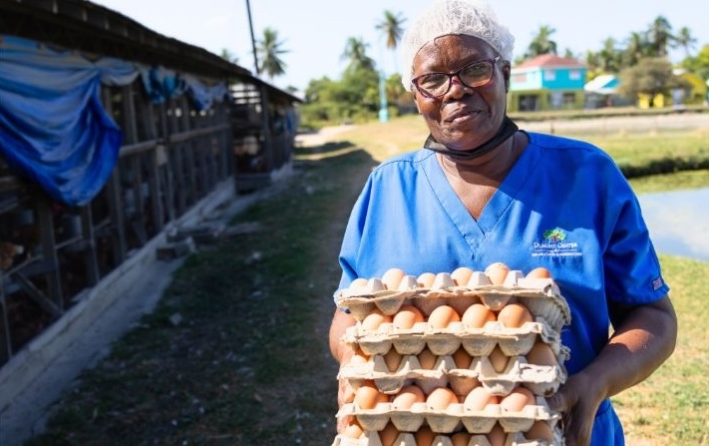
Jerusalem’s farming and agriculture programs include over 3,000 egg laying birds, a coop of broiler chickens, a tilapia pond, honey-producing beehives, and vegetable gardens. The chickens produce 2,800 eggs per day, which are used by MSC residents and sold in excess to local supermarkets and hotels.
According to MSC’s Farm Manager at Jerusalem, Keneisha Morgan-Parkes, residents find working on the farm an empowering way to spend their time. Some residents weed the gardens while others tray and label the eggs. When residents contribute to our sustainable agriculture initiatives, they develop a sense of individual responsibility within their communities!
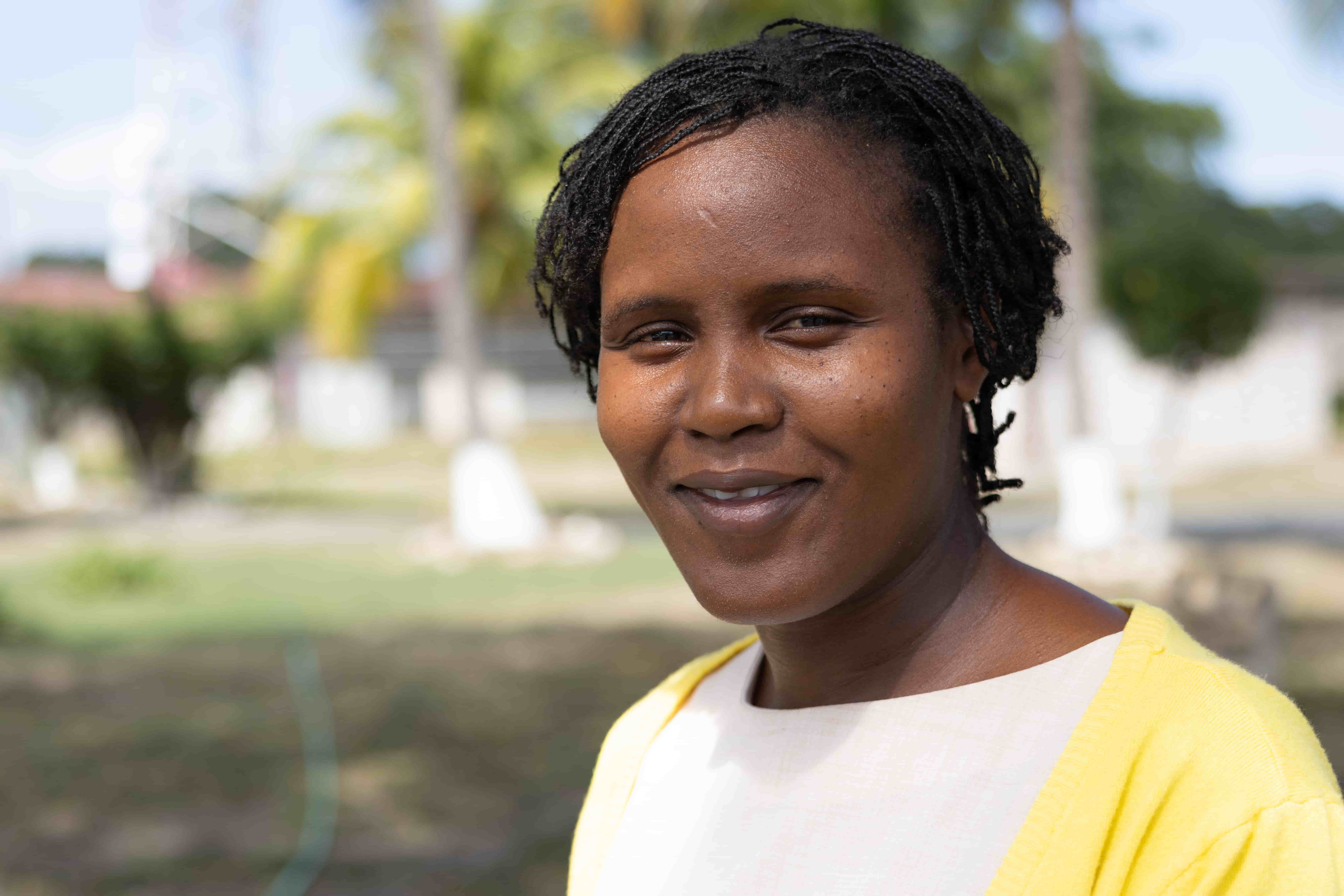
The funds generated from selling eggs, tilapia, honey, and other products are put directly back into the mission of MSC. Income from tilapia sales specifically fund the purchase of medication that sustain the residents, many of whom rely on MSC’s medical care to live.
Beyond Jerusalem!, farming initiatives at Jacob’s Ladder, an apostolate for adults with disabilities, contribute to income generation. Jacob’s Ladder residents give back to their community by raising chickens, pigs, rabbits, and goats at the home. The apostolate also hosts 10 acres of farmland and multiple greenhouses, all serving as lasting sources of nourishment for our community.
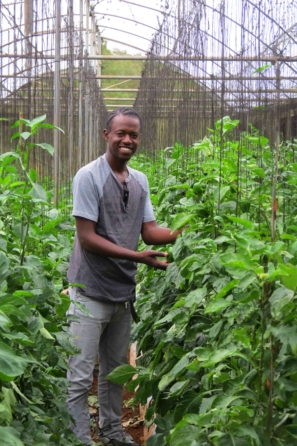
Mustard Seed Communities also has farming initiatives in Zimbabwe and Nicaragua. In Zimbabwe, an on-site farm and bakery produces 100 eggs and 60 loaves of bread daily. These goods provide for the residents and for various MSC nutrition programs that serve the wider population. Over in the Dominican Republic, a second apostolate called Hogar Niños de Dios is under construction which will also include a farming initiative! As food is an ever-increasing need across the countries where MSC serves, cultivating food and defraying operating costs with its profit is a highly prudent strategy.
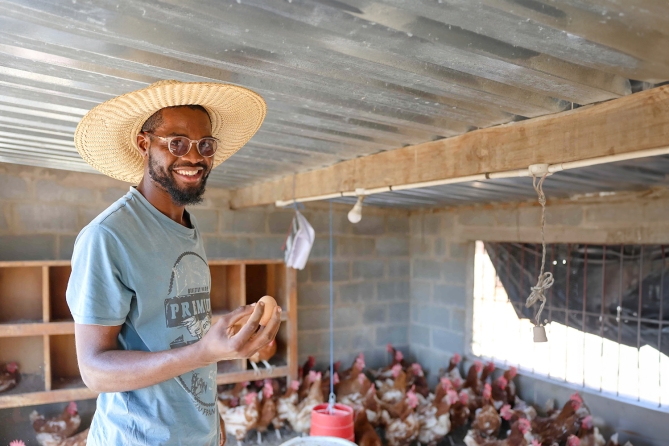
In addition to harnessing the power of the earth to uplift our communities, MSC is transitioning to solar power to expand our renewable energy initiatives. Hogar Immanuel, an apostolate in the Dominican Republic, completed the transition to solar power seven years ago. Solar power provides a predictable supply of energy to MSC Zimbabwe as well, powering the headquarters in Woodville, the apostolates, Little Angels Pre-School, Potter’s House Training Center, and more. Jacob’s Ladder started the transition to solar power in 2021, and Gift of Hope and other MSC homes are all continuing to rely more on solar power as well. This initiative reduces our dependency on local electric power, which is costly and unreliable in developing nations, not to mention healthier for our environment!
As individuals and as an organization, we have an innate responsibility to take care of others and our earth — in doing so, we combine our love and commitment to give future generations hope.
 Dominican Republic
Dominican Republic
 Jamaica
Jamaica
 Food
Food
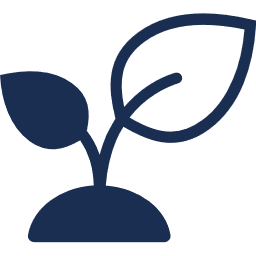 Sustainability
Sustainability